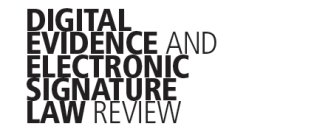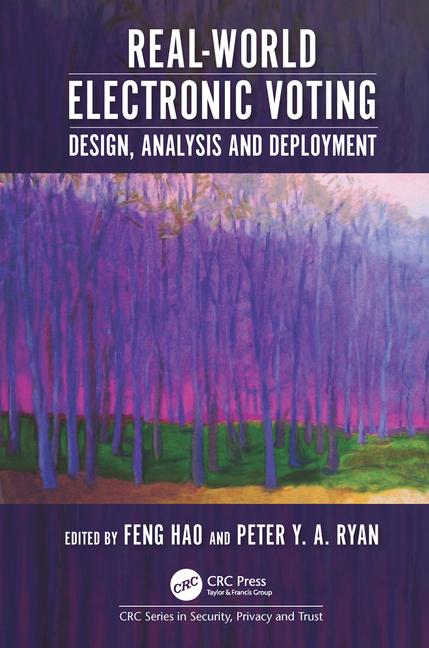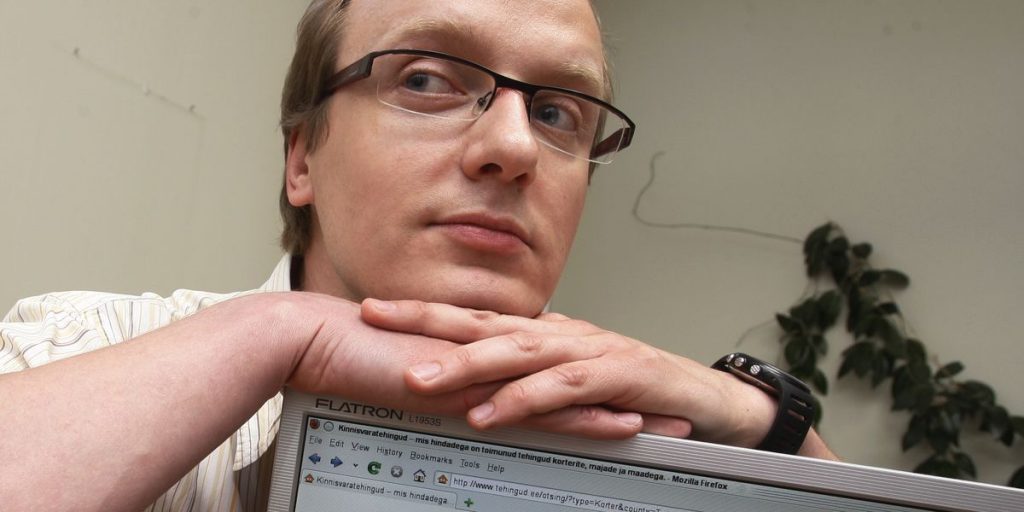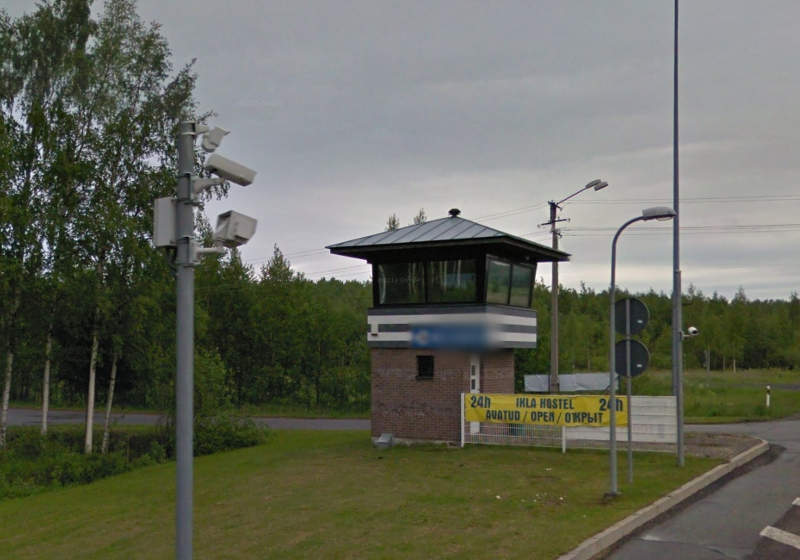
Your responsibilities:
• Authentication and internet bank security solutions related project management
• Product management, analyze/interpret security needs and translate them into application and operational requirements
• Monitor and analyze performance data related to automated fraud detection to develop improvements
• Risk analysis and high proactivity in managing risksWho we are looking for:
• Project management and analysis skills are essential
• You understand or are a fast learner to explain 2factor authentication, Public Key Infrastructure, Electronic identification (eID) and electronic Trust Services (eTS) in the context of EU Digital Single Market
• Ability to multitask and prioritize work in a changing business climate
• You feel that writing documentation, preparing audits and answering security and risk assessment questionnaires is something you are comfortable to handle from time to time
• Readiness to travel between Baltic countriesThis is an advantage if you have knowledge of fraud prevention/detection Technologies, have university degree in computer sciences or economics and feel comfortable to work independently/use time efficiently.
Education required: Higher education (bachelor)
Languages required: English
Location: Vilnius/Riga
Deadline for applying: 04. December 2016
Links:
http://www.cv.ee/job-ad/seb-pank/project-manager-of-authentication-and-security-f3204148.html



